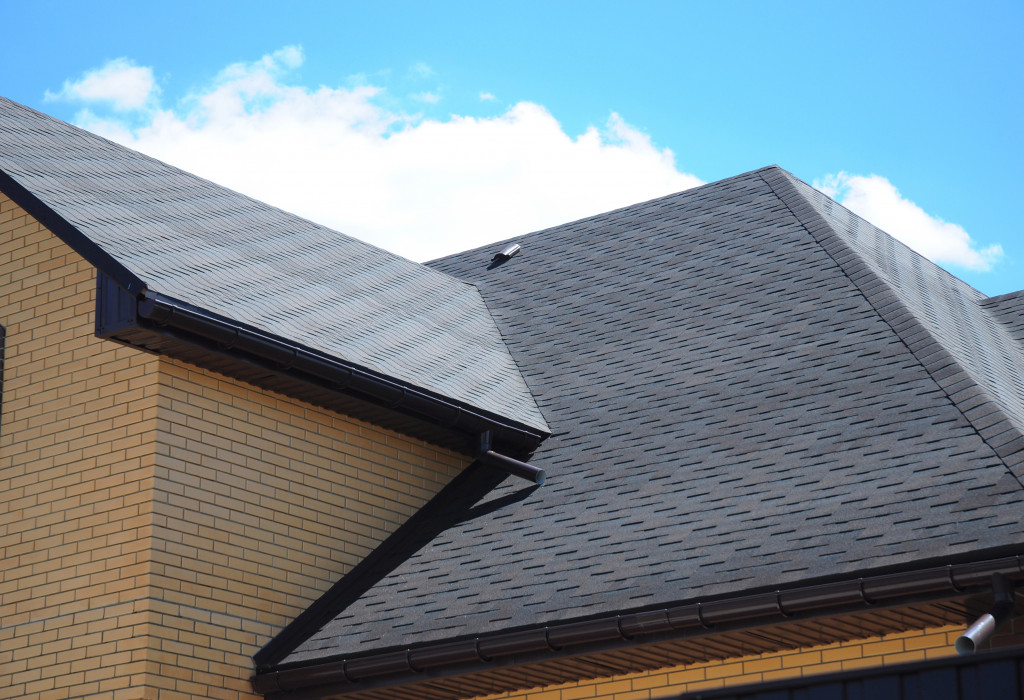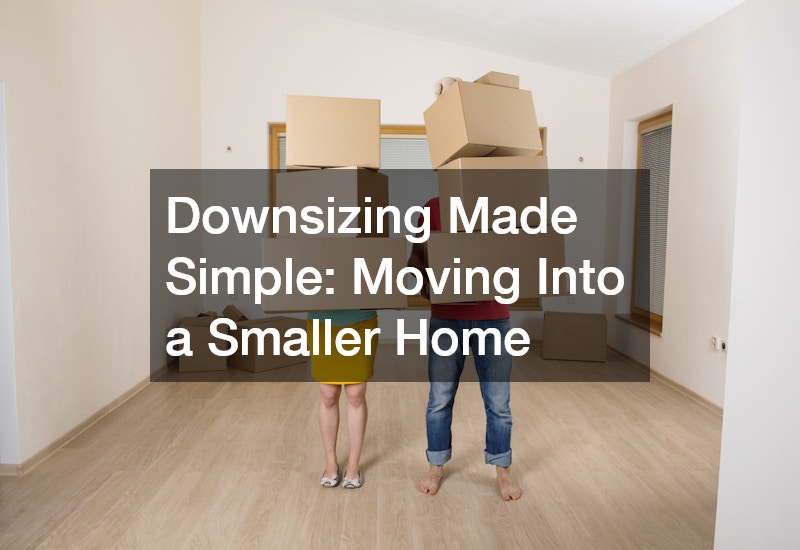If you’re like most people, you have probably heard that investing in rental properties is a great way to make money. And it’s true – if you know what you’re doing. If you’re new to the world of rental property management, don’t worry; this post will outline some tips for managing your rental properties effectively and making money.
The rental industry
But before anything else, you need to know how the rental industry works. In general, there are two types of rentals: residential and commercial.
Commercial rentals
Commercial rental properties are used for businesses, such as office buildings, retail stores, and warehouses. These types of rentals usually have longer lease terms than residential rentals, and the tenants are generally responsible for maintenance and repairs.
Moreover, commercial rentals often have higher rents than residential rentals. However, they also come with a higher level of risk, as businesses can go under and leave you with an empty building.
Residential rentals
On the other hand, residential rentals are used for housing purposes, such as apartments, single-family homes, and townhouses. These types of rentals usually have shorter lease terms than commercial rentals, and the landlord is typically responsible for maintenance and repairs.
For instance, if you own an apartment, you must ensure that the common areas are clean and in good repair. A small apartment’s investments include wall painting, new carpets or flooring, and fridge or stove repairs. These specific investments will largely depend on your unit’s age and state.
What to do before renting out your property
Now that you know the basics of the rental industry, it’s time to learn what you need to do before you actually start renting out your property.
Keep your property in good condition
As a landlord, it’s your responsibility to keep your rental property in good condition. This means regularly maintaining the property and making any necessary repairs. Doing so can help prevent costly damage down the road and ensure that your tenants have a safe and comfortable place to live. Keep an eye out for any signs of wear and tear, such as cracks in the walls or ceilings, loose tiles, or leaks. Make sure to fix any problems as soon as possible to avoid further damage.
Set up a payment system
As a landlord, you have a few options for setting up a payment system for your rental properties. You can collect rent payments in person, by mail, or electronically. Each of these methods has its own pros and cons, so you’ll need to decide which is best for you.
For instance, if you collect rent payments in person, you can usually get the money faster. However, this method requires that you live close to your rental property and have time to meet with your tenants regularly.
On the other hand, if you collect rent payments through the mail, you can avoid meeting with your tenants in person. But this method is slower, and there’s always a risk that the check could get lost in the mail.
Screen your tenants

As a landlord, it’s essential to screen your tenants carefully. This will help you avoid problems down the road and ensure that your property is well-maintained. There are a few key things to look for when screening tenants. First, you’ll want to ensure they have a steady income. This will help ensure that they’re able to pay rent on time. You’ll also want to check their rental history to see if there have been any issues in the past.
Finally, it’s always a good idea to meet with potential tenants to get a sense of their personality and whether they would be a good fit for your property. By taking the time to screen your tenants carefully, you can avoid potential problems and ensure that your property is in good hands.
Create a lease agreement
One of the most important tasks is creating a lease agreement. This document should spell out the rights and responsibilities of both the landlord and the tenant. It should be signed by both parties before the tenant moves in. The lease agreement should include information on rent amount, due date, late fees, lease length, security deposit, renewals, pets, utilities, and any other rules or regulations that apply to the property. By taking the time to create a comprehensive and well-crafted lease agreement, you can help avoid potential problems down the road.
Final thoughts
By following these tips, you can learn how to manage rental properties and maximize your income. Just remember to keep your property in good condition, set up a payment system, screen your tenants carefully, and create a lease agreement. By doing so, you can help ensure that your rental property is well-maintained and that your tenants are happy.







